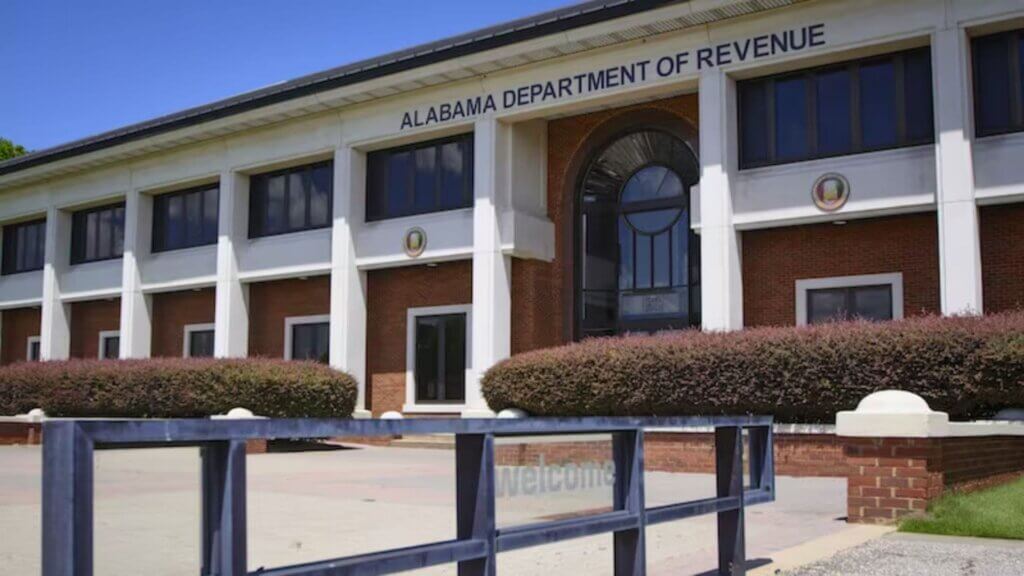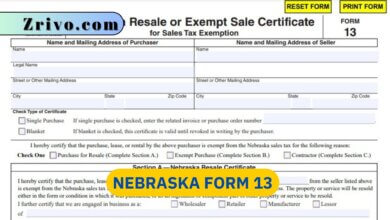Alabama State Income Tax 2023 - 2024
State income taxes are the primary tax that most individuals pay. Alabama state income taxes are levied on the amount of money you earn within a tax year.

In Alabama, there are many different taxes to pay. Understanding them all can be complicated, especially if you are not familiar with the state’s tax laws. A good place to start is with the Alabama state income tax, which applies to ordinary individuals. Ordinary income includes money you earn from a job, investments, and royalties. The state’s income tax follows a progressive model, with low-income earners paying a lower rate than those earning more.
The amount of Alabama state income tax that is withheld from your paycheck depends on the information you provide on your W-4 tax form. You should fill out a new W-4 whenever you get a new job or after big life events like marriage or divorce. In addition to state and local taxes, you also have to pay federal income taxes. You can find out how much you owe using the state’s state and local tax calculator. The tool is free to use and can help you plan for any financial changes. You can even save money by reducing your taxable income with deductions and credits.
For traditional W-2 employees, these Alabama income taxes are automatically withheld and deposited from your paycheck and can be seen on your paycheck alongside federal taxes. The Alabama state income tax rate is progressive, meaning that the tax rates increase as your taxable income increases.
Alabama State Income Tax Deductions
Unlike many states, Alabama does not have a personal exemption. However, there are several other deductions available that may be beneficial to you. These include donations to religious organizations, veterans’ groups, cultural and community organizations, and union dues that your employer hasn’t reimbursed you for. You can also deduct gambling losses up to the federal limit and impairment-related work expenses.
Taxpayers may claim the standard deduction or itemize their deductions. The standard deduction varies based on filing status and reduces as income levels rise. A taxpayer may also be able to deduct medical or dental expenses as well as contributions made to charities. Alabama also allows taxpayers to deduct the federal Social Security and Medicare taxes their employers withhold from wages. These are generally known as FICA taxes. The state also has rules for sourcing income from sales of tangible personal property and receipts from services.

Alabama State Income Tax Due Dates
When the IRS announced it was extending the federal filing deadline to May 17, many Alabama residents wondered if their state income tax due dates would be extended as well. The Alabama Department of Revenue has clarified that the state automatically provides an extension to file a return whenever a corresponding federal extension exists. However, a tax extension only extends the time to file the return; it does not provide an extension to pay the tax.
The state’s filing due date is March 15 for C corporations on a fiscal year basis and April 15 for limited liability companies and business privilege tax returns. The payment due date for these taxes is the same as the federal due date, and a penalty applies for late payments.
If you are behind on your state taxes, you should contact a qualified tax professional right away. They can help you navigate the state’s complex tax laws and determine what options are available to you. They can also help you negotiate with the ALDOR on delinquent tax payments or appeal a tax assessment.





